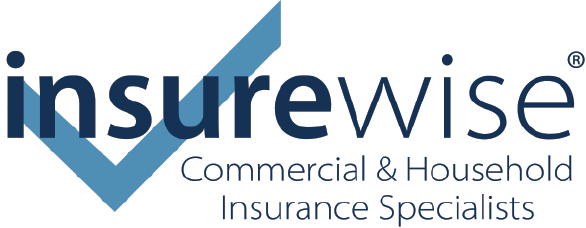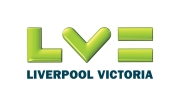As more and more homeowners and businesses turn to solar energy, there is one crucial step that often gets overlooked – and that is reviewing your insurance policy coverage. While solar panels are a smart investment that can lower energy bills and reduce your carbon footprint, they also represent a significant financial asset that should be properly protected and some insurers don’t like systems with battery storage!
Why insurance matters for Solar Panels
Installing solar panels can add thousands of pounds worth of equipment to your property. If these panels are damaged by storms, hail, fire, or vandalism, repairs or replacement could be costly. Without the right insurance coverage, you might be left to pay out of your own pocket.
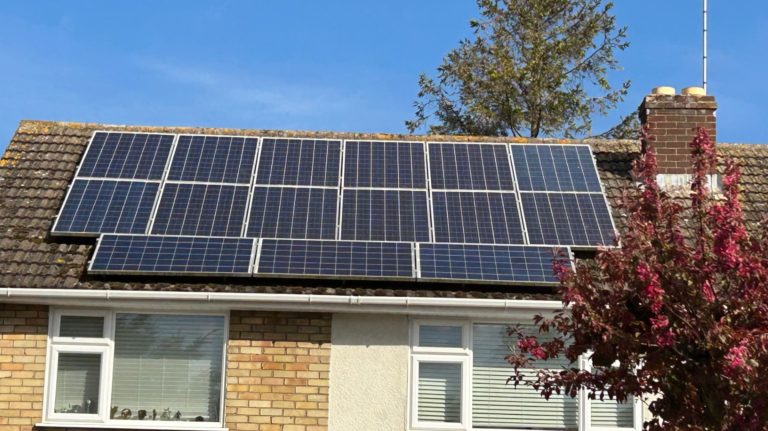
Are Solar Panels Covered by Home Insurance?
In most cases, standard home insurance policies does cover rooftop solar panels, treating them as a permanent attachment to the home, much like a conservatory or roof extension. However, coverage details can vary significantly between insurers and policy types so it is important that you check your policy documents and also increase your Buildings sum insured by the solar panel value.
Key factors to confirm include:
-
Coverage limits: Make sure your policy’s dwelling coverage is high enough to include the value of your panels.
-
Perils covered: Verify whether natural disasters, wind, or rain are included or excluded.
-
Exclusions: Some insurers exclude damage caused during installation or from electrical surges.
Ground-Mounted and Solar Farm Systems
If your panels are ground-mounted or installed on an outbuilding (like a garage or barn), they might not automatically be covered under your home’s main dwelling policy. Instead, they could fall under “other structures” coverage, which often has lower limits. Check if you need to increase that portion of your policy.
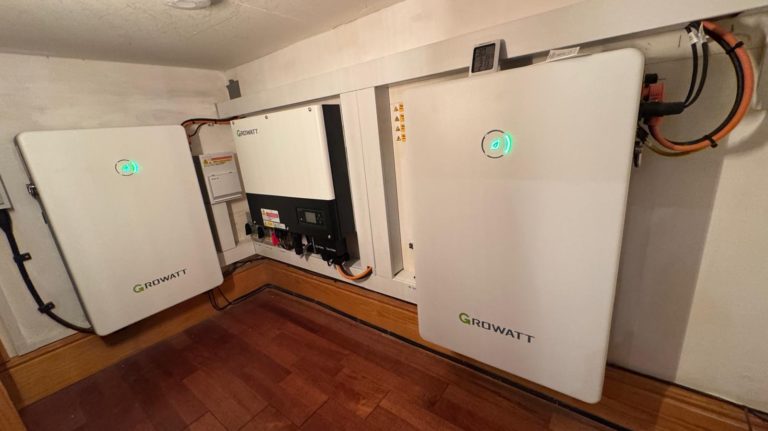
What About Commercial or Rental Properties?
For businesses and landlords, solar panels may require an endorsement or commercial property coverage extension. Business interruption coverage can also protect you from lost income if energy production halts due to damage.
Liability and Installation Considerations
If your panels are damaged and cause harm (e.g., a panel breaks loose during a storm and injures someone), liability coverage could come into play. Ensure your policy includes personal liability protection. It’s also wise to verify that your solar installer carries adequate liability and workmanship insurance to cover potential installation-related damage.
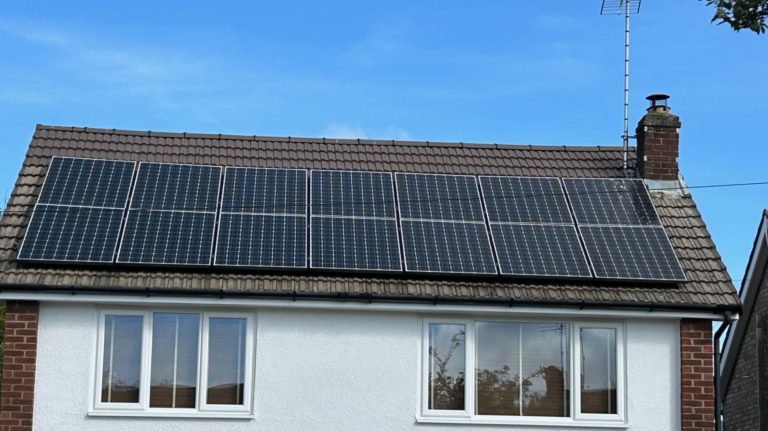
Adding Solar Panels? Notify Your Insurer
Always inform your insurance provider before or immediately after installation. This allows them to update your policy, adjust coverage limits, and ensure full protection from day one. Failing to do so could result in having a claim denied later.
Final Tips
-
Ask for written confirmation that solar panels are covered.
-
Compare insurers—some specialise in green energy coverage.
-
Document your installation with photos and receipts
-
Review coverage annually, especially as solar technology or energy production changes.
A qualified installer will always issue a PV System Verification Certificate that you should keep in a safe place.
So, before you flick the switch on your solar system, make sure you review your insurance policy. Contact the Insurewise team on 01733 325555 or email sales@insurewise.co.uk.

